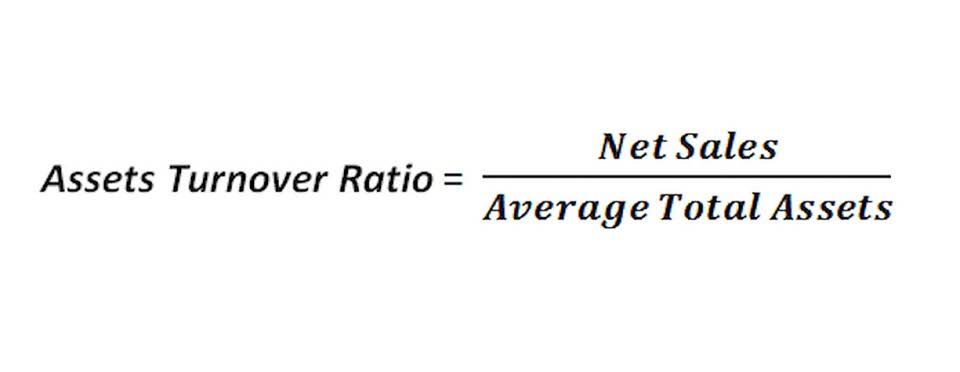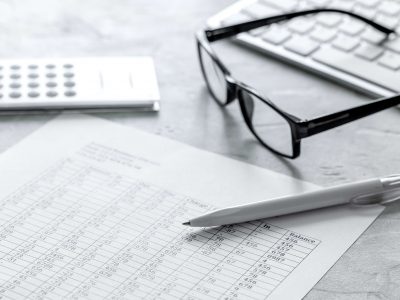
A permissionless blockchain has the attribute of trustlessness, meaning that no single blockchain participant can rely on other participants’ honesty. This guarantees that thedata on the blockchain are correct, complete and up to date by means of a transparent process. Essentially, it removes any intermediaries from the process when transferring money. This system allows blockchain technology to be decentralized rather than relying on those parties.

From the auditor’s perspective: What does the future of the audit profession look like?

In this example, blockchain accounting streamlines the purchase of inventory by automating processes, enhancing transparency, and providing a secure and auditable record of the entire transaction. The use of smart contracts ensures that each step of the transaction is executed automatically based on predefined conditions, reducing the need for intermediaries and manual reconciliation efforts. It promises to provide better data quality, increase financial reporting transparency, and provide real-time reporting in an environment that increases trust and lessens the opportunity for fraud. CPAs will need to acquire a working knowledge of the blockchain and smart contracts to navigate in this new triple-entry accounting environment.

Regulatory News
- Current scalability challenges include limited transaction throughput and high energy consumption, which can hinder the widespread adoption of blockchain.
- Companies using blockchain systems must provide detailed notes in their financial statements, explaining the nature of blockchain transactions, the technology used, and its impact on financial performance.
- Any change to a block would affect the code of all the following blocks, making it extremely difficult to tamper with the data.
- Before deciding to implement blockchain, it’s essential to understand how it works and can benefit your firm.
- You add this hash to the beginning of another document and type information into it.
- This decentralized nature ensures data remains secure, maintaining accuracy and trustworthiness even in the face of potential vulnerabilities.
Since the introduction of Making Tax Digital, accounting professionals have done an Medical Billing Process incredible job of adapting to cloud-based software and new technology. Blockchain accounting will demand a similar commitment but could deliver unprecedented value for practices that embrace it. Accountants and bookkeepers will no longer need to do reconciliations, but will still need to verify details about the assets and transactions (like the location and recoverable value). Major firms like Deloitte, PwC, KPMG and EY are already researching and experimenting with blockchain technology. Records stored on the blockchain are permanent and transparent, and the information cannot be erased or tampered with.
- While this might help uncover errors, it comes at the cost of time, labor, and fees.
- But currently, widespread adoption of atomic swaps has been prevented because they require highly technical skills; something Bitcoin Atom will solve.
- The fundamental workflow structure of the blockchain accounting system is that financial transactions are first recorded in blocks sequentially and added into a chain of blocks.
- Every transaction recorded on the blockchain is time-stamped, traceable, and available for all authorized parties to access.
- Provenance—Consumers are increasingly demanding transparency regarding the products they purchase and consume to ensure the sourcing of materials and production of products adheres to their individual values.
- The integration of blockchain and accounting is revolutionizing the accounting industry to a great extent.
Understanding blockchain and its impact on accounting
- While the cryptographic nature of blockchain enhances data protection, vulnerabilities can arise in smart contracts, interfaces, or the software itself.
- Explore how blockchain operating systems transform accounting practices, enhancing transparency, efficiency, and accuracy in financial transactions.
- To make sure a GL is accurate, you’d use a double-entry accounting system.
- They developed a blockchain-based platform to reconcile and verify inventory items for a wine distributor in an efficient, accurate, and tamper-proof manner.
Ethereum is rolling out a series of upgrades that include data sampling, binary large objects (BLOBs), and rollups. These improvements are expected to increase network participation, reduce congestion, decrease fees, and increase transaction speeds. By spreading that information across a network, rather than storing it in one central database, blockchain becomes significantly more difficult to tamper with. Proving property ownership can be nearly impossible in war-torn countries or areas with little to no government or financial infrastructure and no Recorder’s Office.
Auditors must undergo a learning curve to adapt their expertise to fixed assets this evolving landscape. This blog discusses the transformative impact of blockchain on accounting practices and processes and how it can position your business for success in the fast-paced financial ecosystem. ConsAccountancy practitioners routinely make adjustments to financial records. This includes integrating data from a prior period as those data become available (accounting for subsequent events or adjusting for under/over applied overhead are examples). The ability for a double-entry accounting system to make such adjustments is crucial to its utility in the modern world. Blockchain negates this ability, making substantiation less beneficial than promoters claim.


Even if you’re not using cryptocurrency, blockchain accounting can involve US dollars and other assets. Plus, understanding the basics of blockchain will help you follow future updates and blockchain in accounting be more prepared. Then when the time comes that blockchain technology directly impacts your business, you’ll be ready. Standard accountancy requires a significant time investment from all organizations in the supply chain.